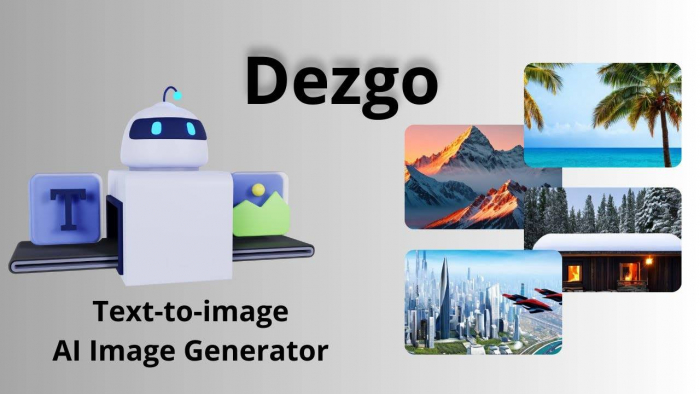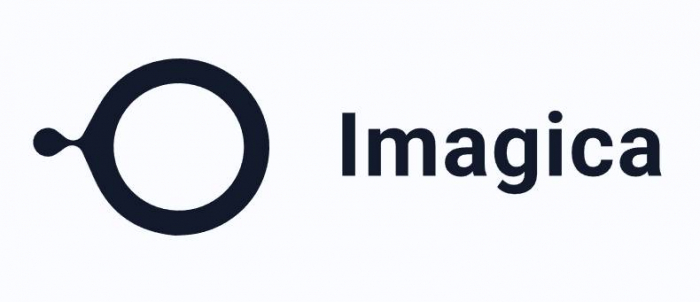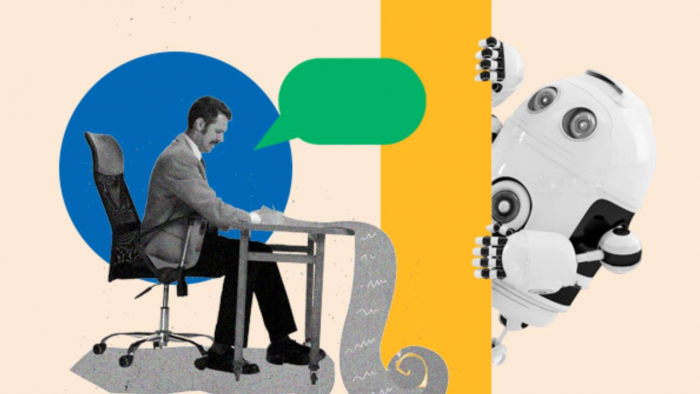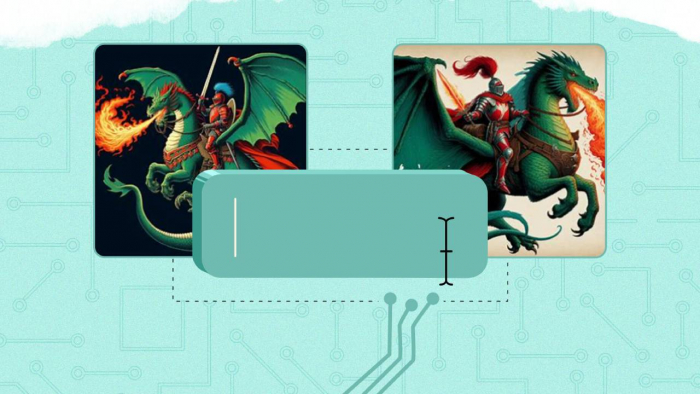Traditional diet planning revolved around the use of one or more generalized nutritional plans for every individual. However, basic diets are now a thing of the past. Each person responds differently to specific food ingredients and choices. Technology (AI) and nutrition have joined hands to revolutionize health and wellness areas by offering machine learning healthy eating technologies. You get personalized diet plans through AI tools that fulfill your body's needs.
What will hold true for AI-generated nutrition plans in the long run? How AI is changing your diet for the better? Let’s explore these concepts in this article by observing the practical applications of AI technology in your personal meal planning.
How AI Determines Nutritional Needs
The AI technology uses the latest algorithms to generate highly personalized nutritional plans for an individual. It does this by considering all the main personal factors like gender, age, weight, any health issues, and other such elements. This helps the AI software to precisely measure your body’s daily requirement for macronutrients (carbohydrates, proteins, and fats) as well as micronutrients (iron, vitamin D, and zinc).
AI can rightly identify specific nutritional gaps in each person. For example, if someone’s dietary pattern shows low iron intake, the system will adjust their plan by recommending iron-rich foods or appropriate supplements.
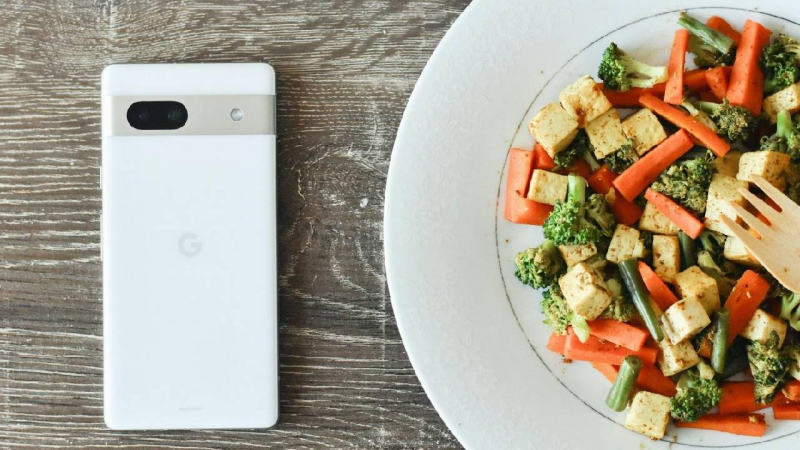
Smart Supplement Suggestions
Designing a meal plan for people with dietary restrictions is no easy task, but a personalized meal plan, AI covers it well. For instance, those following a plant-based diet may be deficient in omega-3 fatty acids. An AI-generated nutrition plan solves this problem by suggesting the perfect supplements.
AI can provide targeted solutions, such as plant-based supplements based on AI recommendation strategies. It also respects users’ lifestyle and ethical choices by suggesting using vegan capsules instead of animal-derived products to align with individual preferences.
Planned Nutrition Through Apps
You can now get instant access to AI-generated nutritional plans through the use of mobile technology. A custom nutrition plan app enables users to input their details and track their food intake. Such apps can further offer meal suggestions tailored to your desired health goals, including weight loss or gain.
You can also use such apps to get ideas about getting meal recipes and a grocery list of ingredients needed that meet your desired calorie aim. Now, healthy eating has become easier to attain as AI meal planner apps help shed any arising confusion about a personal diet plan.
Benefits Of AI-Generated Diet Plans
Let’s summarize the general positives of using AI-generated nutrition plans:
- AI analyzes large datasets to tailor-design your meals.
- Wearables and apps transmit real-time data (heart rate, activity levels, stress, etc.) to AI, to adjust meal plans according to your body changes.
- AI meal planning saves your precious time and effort.
- The latest meal apps make healthy eating an easier process.
- AI meal plans can add diverse ingredients and recipes to match your ethical preferences, ensuring your diet never bores you.
The Future of AI for Diet and Wellness
AI for diet and wellness is the future of nutritional planning. A time may come when you could analyze gut microbiome data using AI technology, which can help recommend foods that improve digestion and immunity. Thinking ahead, AI-generated meal plans could actively prevent health issues by guiding what to eat and what not to. So, you could easily avoid getting vitamin deficiencies early on by following the right food and supplement intake strategies.
Bottom Line
AI-generated nutrition plans can guide us in achieving optimal health through constant monitoring and adjustment of our personal health statistics. Sometimes, AI tools misinterpret user prompts, revealing the limitations in their capabilities, according to a recent study. This results in a poorly designed diet plan. AI technology still needs improved prompt understanding for safe usage in nutrition planning, so always make sure to use it in the right way.
Post Comment
Be the first to post comment!

